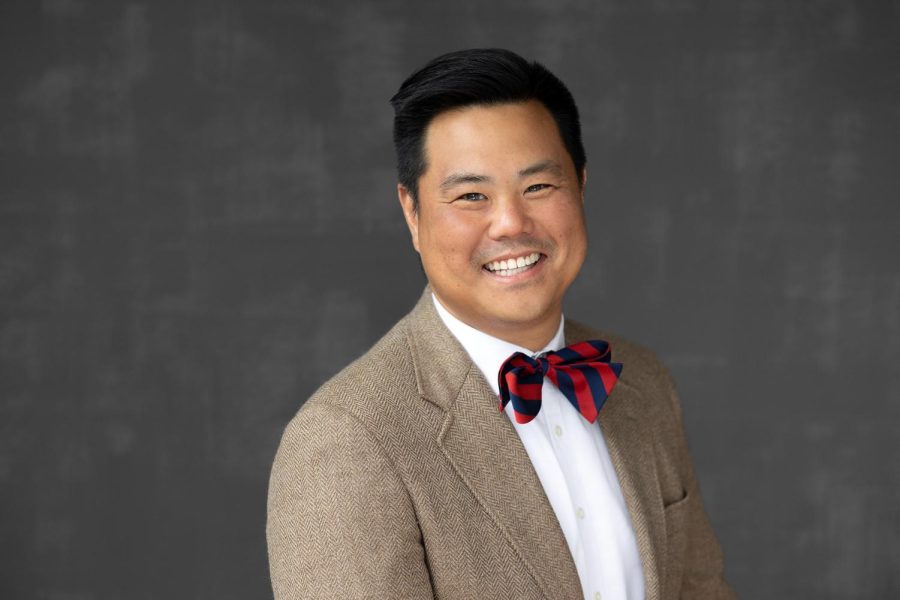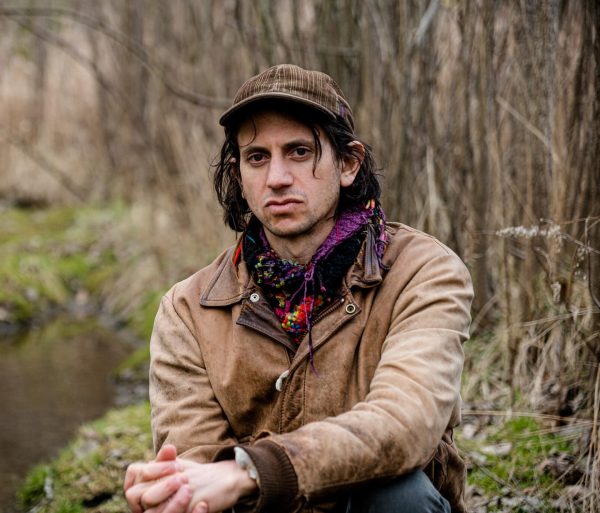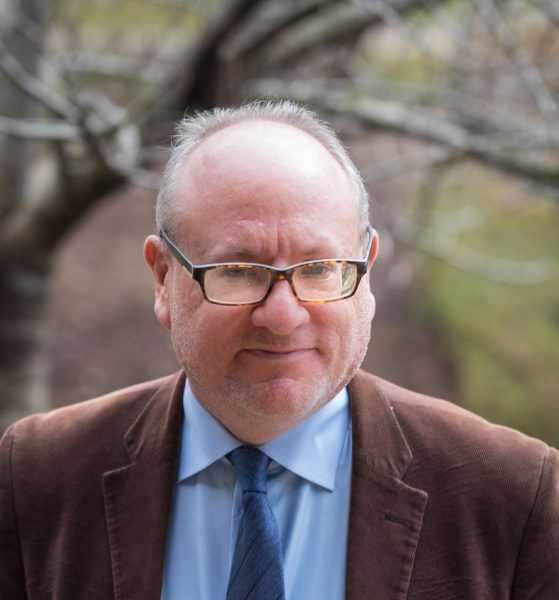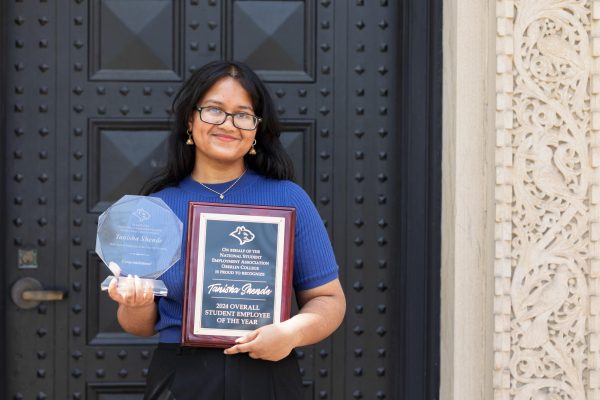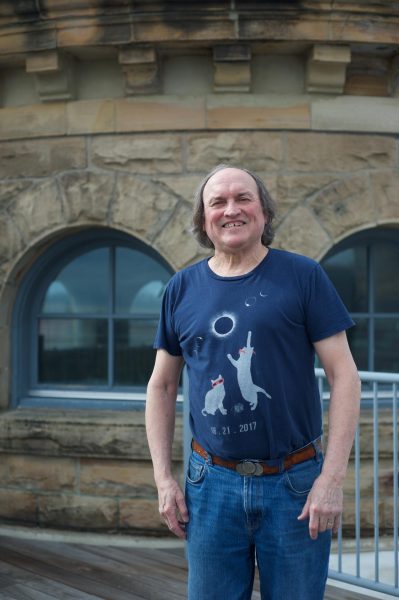Scott Hwang, Senior Assistant Dean and Director of the Multicultural Resource Commons
In early June, Scott Hwang was named Senior Assistant Dean and Director of the Multicultural Resource Commons. Hwang holds a bachelor’s degree from Gordon College and a master’s in higher education from Geneva College, and he is currently pursuing a doctorate in education from the University of Pittsburgh. Hwang began his career working as the director of student leadership at Covenant College. Afterward, Hwang shifted into working with multicultural programs at Gordon College and Messiah University. Hwang most recently worked at the University of Michigan in intergroup dialogue and social justice education. Hwang wrote to the Review about the trajectory of his career, what drew him to Oberlin, and his hopes for the MRC.
This interview has been edited for length and clarity.
Can you talk about how you became interested in addressing societal educational disparities? Were there any early experiences that inspired your career goals?
When I got into student affairs as an undergrad almost 20 years ago, I really enjoyed orientation programs, student activities, and multicultural clubs. I was living down south for the first time in my life and had begun to experience overt racism to my face as a person of color. This was one of the awakening moments for me — I started to realize my experience as an undergraduate at a primarily white institution was difficult at times, and I began to connect the dots that it was not because of my own doing. There were systemic structures at play. This started a whole process of reflection about my experience growing up in Los Angeles during the LA Riots and the OJ Simpson trial, among other very unique experiences.
At Covenant College, you primarily focused on student organizations and orientation programs. However, your work since has centered around issues of equity. What inspired this switch?
The switch towards issues of equity and justice happened when the Virginia Tech shootings occurred. The fact that the shooter was a Korean-American male really shook me to the core. This was another experience that shaped me and my career trajectory. I immediately began to look through an equity lens and started to connect the dots of how and why things were the way that they were. At this point, I had not had the formal education about and didn’t know the terminology of systemic oppression and racism, false narratives, intersectionalities, tokenism, microaggressions, etc. These were things that I had experienced and was experiencing, but I thought it was just what life was. I was right about one thing — this was how life was — but I didn’t know the why or the how.
Your dissertation at the University of Pittsburgh is about the pros and cons of peer-led intergroup dialogue facilitation. Do you aim to encourage similar dialogue between Obies?
I think I will always use intergroup dialogue principles as my grounding in how I interact, program, and lead. I have had conversations with David Dorsey about my experience, and he plans to use me as a resource and consultant for the Office of Religious and Spiritual Life. At the end of the day, I do encourage Obies to have difficult dialogues with each other. We are socialized to not talk about certain things, but if we can’t have these conversations, then we are inevitably going to fill in the gap with assumptions, stereotypes, and misinformation.
Oberlin has a rich history in social justice and activism. How do you hope to honor the College’s values as the new Senior Assistant Dean and Director of the Multicultural Resource Commons?
The history of Oberlin was definitely a draw for me as I looked at this position. Over the summer, my colleagues and I were emptying out files, pictures, and books from where the old MRC used to be located. We plan to archive and keep records of people who have done this work in the past and connect it to the current MRC. We also hope to create a “Celebrating the Legacy” event around graduation in late May and invite alumni who were doing social justice and activism work. It is very important to honor the past and those whose shoulders we stand on, but at the same time, we can’t rest on our laurels and must recognize there is plenty of work to be done.
As the MRC reaches its 27th year, what changes do you hope to implement?
The MRC staff will be present on campus trying to build relationships and trust with students, and I hope that this will lead to affinity groups and clubs wanting to partner and collaborate with us to have a greater impact on the whole campus and community.
Are there any qualities you hope to see from the students you work with within the MRC?
I don’t think we are looking for specific qualities from students who want to be involved with the MRC. We want to support all students and make them feel like they belong. I encourage anyone to stop by Wilder Hall, room 212, to connect with us.


